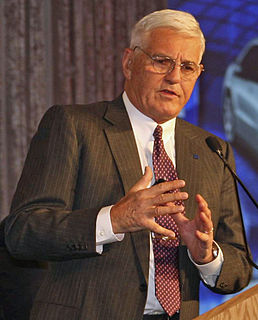A Quote by Amy Jo Martin
We'll continue to see more and more brands integrate social causes, charitable components and environmental issues as underlying themes to their campaigns and messaging. Humans connect with humans after all, and brands are using this as a point of connection to engage with their audience, especially charity-minded Generation Y.
Related Quotes
The most potentially transformative impact of social media is its ability to encourage brands to marry profit and purpose. The reason brands participate is that such outreach earns those companies social currency enabling them to start or participate in conversations that connect them to consumers in meaningful ways.
I see "demand creation" as a 20th-century construct that's bound up with advertising. It's an outmoded view of marketing that says, "First, we build a product or service, then we advertise it into people's lives." Embedded this view is the belief that companies control brands. This is a myth. My message all along has been that brands are actually created by customers, not companies. Companies only provide the raw materials - the products, messaging, behaviors - that people use these to create brands.
Brands' use of social media is not a matter of yes or no. It is simply a matter of how and when. The next generation of consumers will expect their brands to always be available, providing interactive experiences and bringing value to our lives by taking advantage of social media tools in their marketing communications
Katalyst is a merger of three industries. A piece of us is connected to ad agencies. Because we get the complex overlay of the social Web, we know how to engage an audience and how to make entertainment for the social Web. And we know how to gain and activate and retain an audience. So we create social networks for brands.
More brands are waking up to their social responsibility and doing good work through cause marketing campaigns. Yet too many still go about it the wrong way. I mean 'wrong' in two senses. Firstly, they are marketing ineffectively, and secondly, as a consequence their positive social impact is not maximized.






























